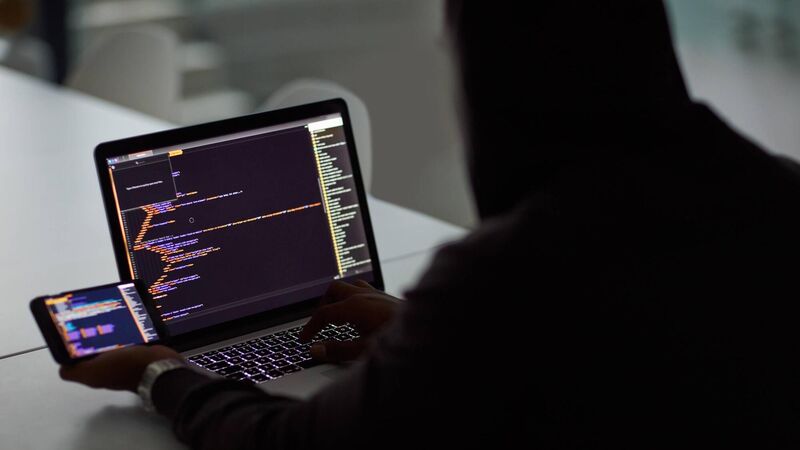Waiting to strike: Hackers are 'sitting on' computers of small businesses

The cyberattack, known as “post-compromise cryptoware”, enabled hackers not just to access specific information that they target, but the entire system.
Picture: iStock
Ordinary hackers are “sitting on” the computer systems of Irish small businesses and waiting for the right time to “pull the plug” and demand a ransom, a top cybersecurity official has said.
Richard Browne of the Department of Communications said these “low threat” actors now have access to technology that was once held by sophisticated hackers to infiltrate IT systems.










